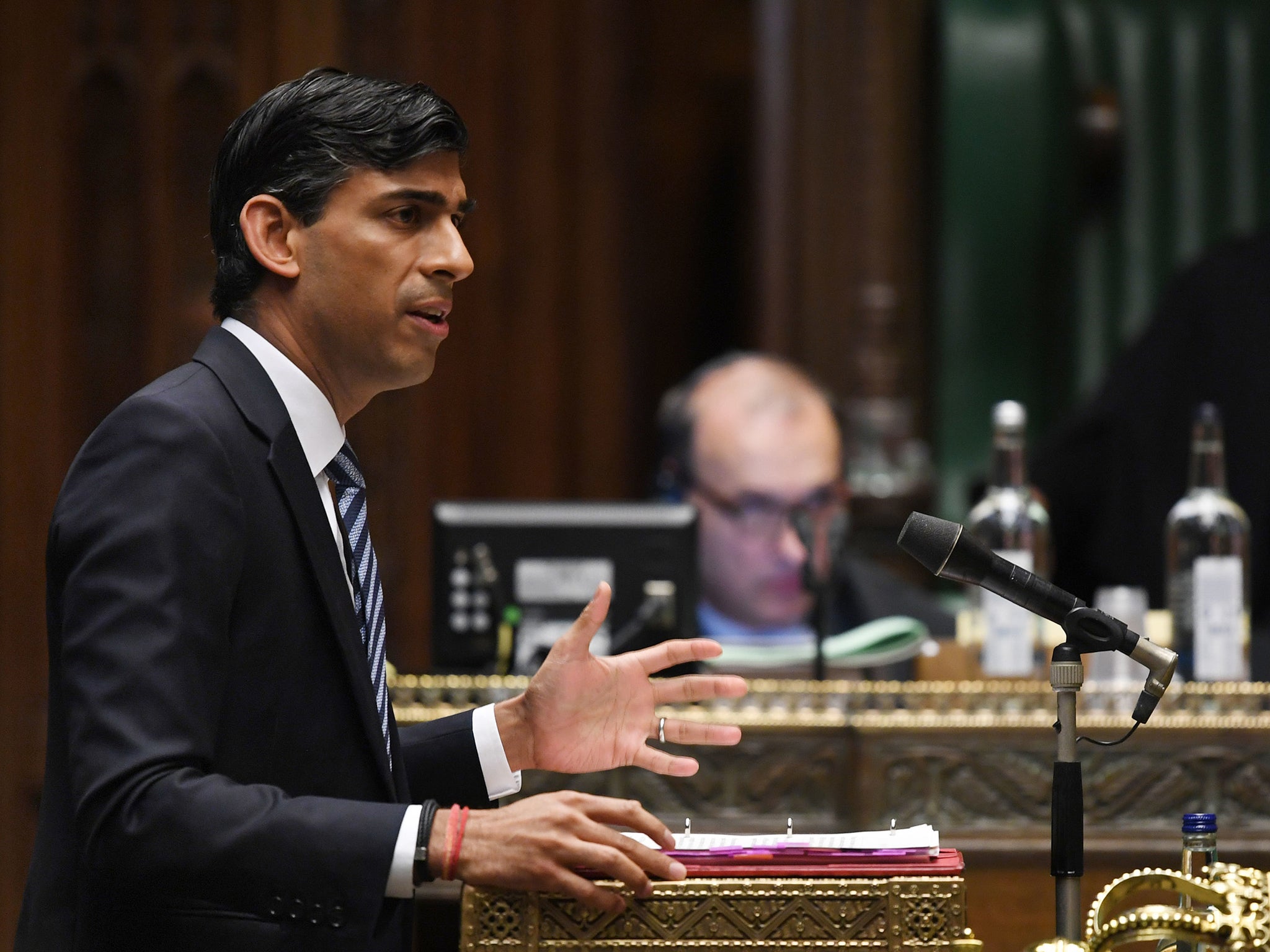As the pension age rises, what is the best way forward to pay for them?
Whatever happens, we will all have to save much more – or just keep working, writes Hamish McRae


The UK official retirement age went up from 65 to 66 on Tuesday for both men and women. It goes up again to 67 in 2028, and the plan is to increase it to 68 in the second half of the 2030s.
If life expectancy carries on climbing, it will presumably rise further yet. But will it? Should it? Is the idea of a single pension age an anomaly anyway when people’s circumstances vary so much?
This will be an even greater political issue for the next 30 years, sharpening the youth/age divide. Young people, or at least people of working age, have to pay the pensions of the retired, but holding down pensions is a political no-no because the old have the votes. Look at Rishi Sunak having to confirm that the so-called triple lock on pensions will be retained.
So the state pension will continue to rise every year by whichever is the highest of price inflation, average earnings growth, or 2.5 per cent.
The reason this has become such a political divide is the impact of two factors on the maths of the National Insurance system, where each generation of working people pays the pensions of the preceding generation.
First, there is rising life expectancy. In 2000, a 65-year-old man could expect to live for another 16 years, a woman 19 years. Now it is nearly 19 years and more than 21 years. It is true that those estimates, released by the Office for National Statistics (ONS) last month, don’t allow for Covid-19. That may change the numbers, but if the general trend of rising longevity continues, then the gap between official retirement age and death is likely to go on rising too.
Second, the size of the workforce is no longer increasing as fast as it was a generation ago. The UK population is still projected to climb, unlike that of much of Europe, Italy and Germany in particular, but the baby boomers are reaching retirement age now, so that bulge moves from work to pensions. A higher proportion of young people are going to university, so people are moving into the labour force at an older age. And arguably the biggest social change of all, the increasing percentage of women in the workforce, will start to plateau.
The effect of this pincer movement is that the ratio of workers to pensioners, roughly 4:1 in 2003, will fall to about 2:1 by 2065. If that sounds a long way off, remember that this is when someone leaving university now will be drawing their pension.
So what’s to be done?
There are, I think, three main possible paths forward.
The first is to muddle through. We keep the basic structure of state pensions as they are, increase taxes a bit on working people, and keep pushing the official retirement age up toward 70, maybe beyond. If retiring at 70 sounds a dreadful prospect, remember that Otto von Bismarck, the German chancellor who introduced the pioneering state retirement system in 1889, set the age when people got their pensions at 70. He was, incidentally, 74 at the time.
The trouble with this is that it will sharpen the divide between young and old, perhaps in quite nasty ways. Politicians will be forced to manage this, will inevitably disappoint, and governments will become increasingly unpopular.
The second way through would be some sort of radical rethink of the National Insurance principle, perhaps turning it into real insurance where people really saved for their own pension. Singapore has a version of this, and a UK model has recently been proposed by Frank Field, the former Labour MP and now Lord Field of Birkenhead. He has just produced a paper, published by the think tank Politeia and co-written with Andrew Forsey, that proposes changing national insurance into a mutual savings enterprise, separate from the government and owned by the people who pay the money in.
It is a really interesting idea – remember that it was Field who was asked by Tony Blair to think the unthinkable. We will see if the idea, or something like it, starts to get support behind it. The sad thing is that had the UK had the vision back in the 1980s to use oil revenues to start a sovereign wealth fund along the lines of Norway, there would a pot of money to get something like this off the ground.
There is a third way forward, even more radical. That would be to make most people think of retirement as something for which they would have to save for themselves. The state pension would be a fallback, not the main thing people would expect to rely on. That would mean revising the present contract between people and the state.
Actually, this may in practice be what many people assume now – for example, when they say their house will be their pension – but it would be a huge change in rhetoric, and hard for any politician to admit that the promises of the past no longer operate.
Whatever happens, though, we will all have to save much more – or like Bismarck, or indeed those two candidates for the US presidency, just keep working into our seventies.
Join our commenting forum
Join thought-provoking conversations, follow other Independent readers and see their replies
Comments

Bookmark popover
Removed from bookmarks